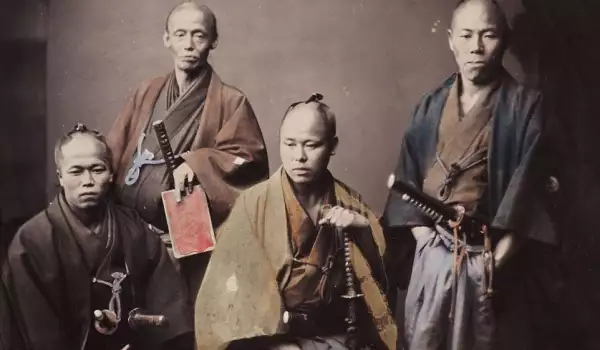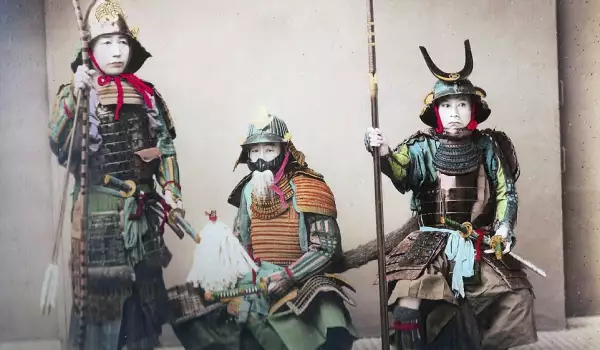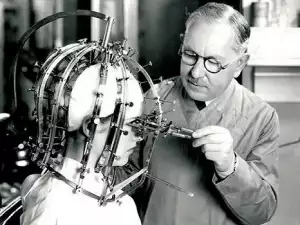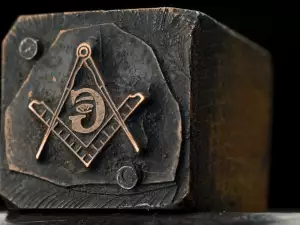Samurai have earned a near-mythical reputation. The idea that these fearsome warriors had devoted their lives entirely to a noble code based on honor is incredibly romanticized but also untrue to a great extent. At its core it's been developed and continues to be fueled by books and movies, which in turn draw inspiration from legends.
Of course, the samurai were indeed different from the elite warriors of other nations but they too were human, with their own desires, goals, ambitions and numerous vices. Despite this, artists and novelists have determined that people would find a heroic image much more appealing than just an ordinary person wearing extraordinary armor.
Gradually, this samurai image was idealized to a point where their flaws became nearly forgotten. However, facts have survived to this day that give us a glimpse into the other side of these elite warriors. The following facts may just turn your notion of the samurai on its head.
1. Inflatable helms
Everyone recognizes the strange-looking headgear of the samurai. But truth be told, they were not what we've come to know from the movies. They were made of cloth and light materials and would inflate when the wind blew. The rest of the time, they just fit snugly on the head. The hats, called "Horo", were not designed to protect the samurai but to let the enemy know, should the samurai die, that a nobleman lay on the battlefield and to not desecrate the body. They also tried to leave behind corpses that looked and smelled nice, putting a rich assortment of fragrant herbs in their helmets.
2. The myth of the samurai sword

During the 13th century, a heavily armored Mongolian horde attacked Japan. The samurai sword, until then thought to be indestructible, struck the metal armor of the invaders and broke. The legendary weapons turned out to be not as great as previously thought.
3. Women were for sissies
In Medieval Japan, it was believed that nothing made a man a bigger sissy than sex with a woman. The samurai believed that these kinds of relations between the sexes weakened the soul and mind of the man. They went to bed with women as rarely as possible, usually just to continue their bloodline. In samurai society, those who were seen kissing a woman were labeled as sissy boys. Of course, that didn't mean that the samurai abstained from pleasure. While sex with women made them weak, they believed that sex with another man made them stronger than ever.
4. An apprentice and more
When a boy went to learn about the ways of the samurai, he conceded entirely to the authority of his teacher. The warrior would train the boy in combat, teach him about etiquette, code of honor and in exchange would use him for sex. Usually, apprentices were taken in at the age of 13 and swore an oath of service called "hakare" for the next 6 years. It was equivalent to a wedding oath and was accepted the same way in their society.
5. The myth of unwavering loyalty
Samurai would often betray their masters. Loyalty was important to them on paper but did not really integrate into real life. Catholic missionaries in the 16th century wrote that samurai would rebel when they could and always stand on the winning side.










